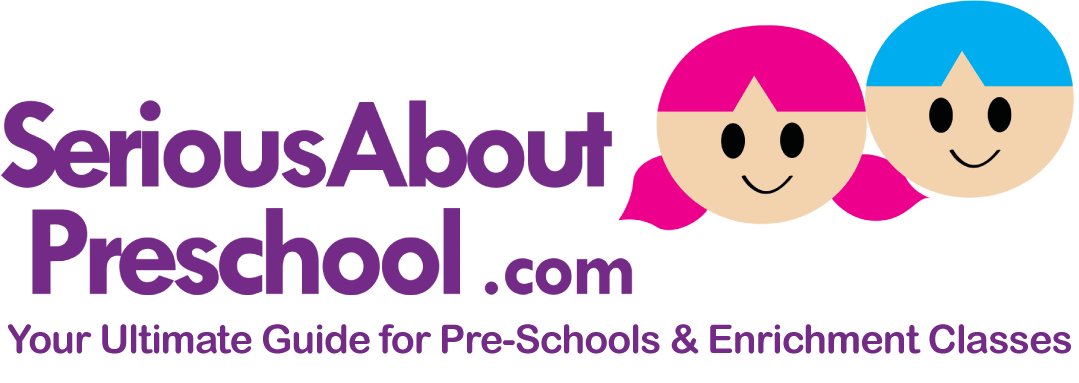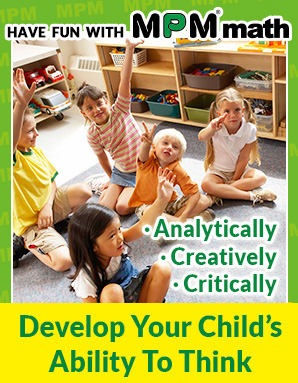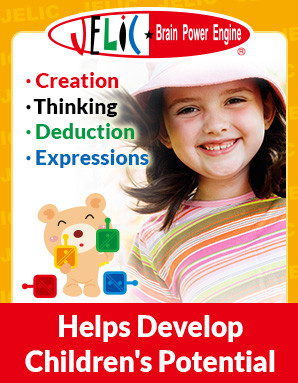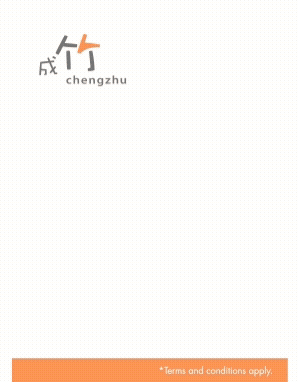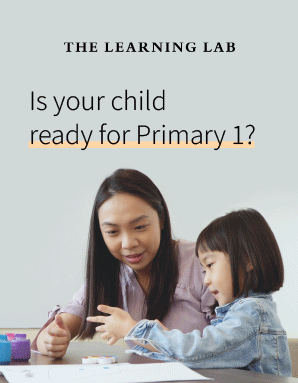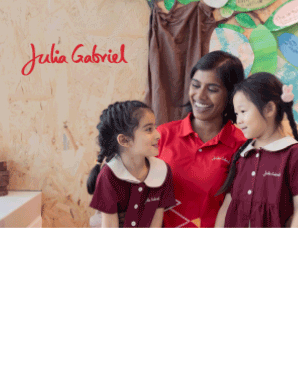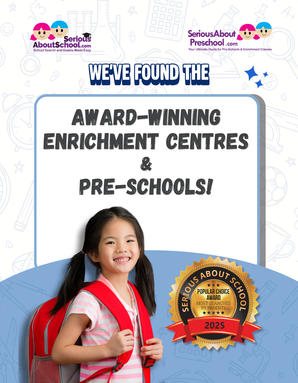Question:
Is there an ideal methodology to learning Math for a pre-schooler?Asked By : Katherine
Words from the Expert:
Question:
Is there an ideal methodology to learning Math for a pre-schooler that can prepare him/ her well for primary school? Any guidelines on what they should have already grasped at N2, K1 and K2?
Answer:
To be well prepared for primary school, the love for math should be cultivated at a young age. Curiosity towards Math can be encouraged by helping children draw links between math concepts and their everyday lives (e.g. pointing out shapes around them during a car ride, counting shells at the beach, identifying repeated patterns found on floor tiles etc). Instead of rote memorisation, children learn better through hands-on activities, songs, games and stories.
A strong number sense sets the foundation for higher-level mathematical thinking. Thus, children must be given various opportunities and experiences to explore number concepts (relating the symbolic representation to concrete objects, one-to-one correspondence, rote counting, comparison of number quantity etc).
Math is not a stand-alone subject and an integrated approach towards math increases children’s awareness of the concepts. Math vocabulary should be used frequently when communicating with children during activities such as arts and crafts (introducing geometrical shapes), reading (“I wonder how many more pages there are to the end of the story.”) and more.
At The Learning Lab, students will be exposed to math concepts through the use of in-house teasers and manipulatives via both kinaesthetic and tactile learning approaches.
We aim to build the math foundation of the students by linking our lessons to real-life scenarios as often as possible. Students will then be able to link and make references to how math is applicable to daily life.
Our materials are structured progressively with enough depth and width to ensure students are able to grasp the concepts covered and are consistently challenged to attain their personal best. Beyond that, we aim to inject as many fun elements as possible into each lesson by designing interesting in-house games for challenging topics.
At the N2 level:
• Students are expected to be comfortable with rote counting and number recognition. At the same time, they will be able to write numbers accurately and be able to identify numbers and their quantities. Students will also be doing hands-on activities and crafts related to the topic of the week.
At the K1 and K2 levels:
• Our programmes aim to provide a strong headstart for Primary 1. The Junior math book series ensures that students have sufficient practices to strengthen their mental calculations for numbers within 40.
• At the K1 level, students would be able to add and subtract numbers within 20 effortlessly. Students will be able to solve simple word problems by identifying keywords and writing correct number sentences. On top of that, our K1 students will also be able to relate and use a wider range of math vocabulary.
• At the K2 level, students would be able to add and subtract numbers within 100 using the place value charts. This builds a strong number mastery that enables students to transit easily into Primary 1. Students will also be able to solve simple word problems by identifying keywords and writing correct number sentences.
Goh Wan Mei, Head of Math Curriculum, The Learning Lab answered the above parent's question.





